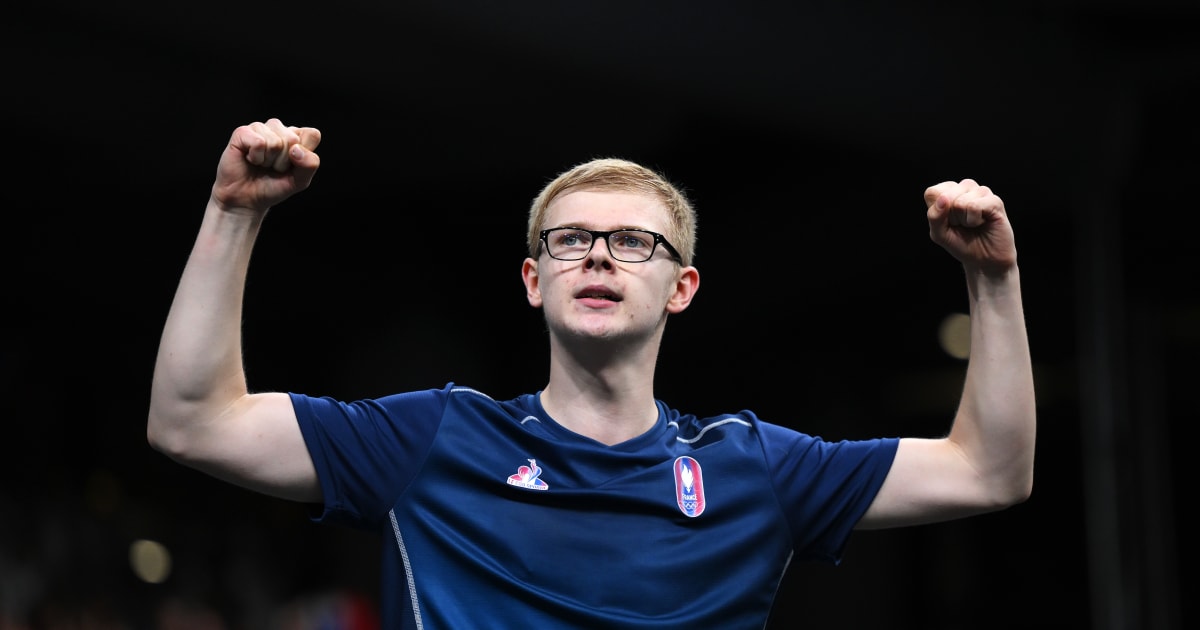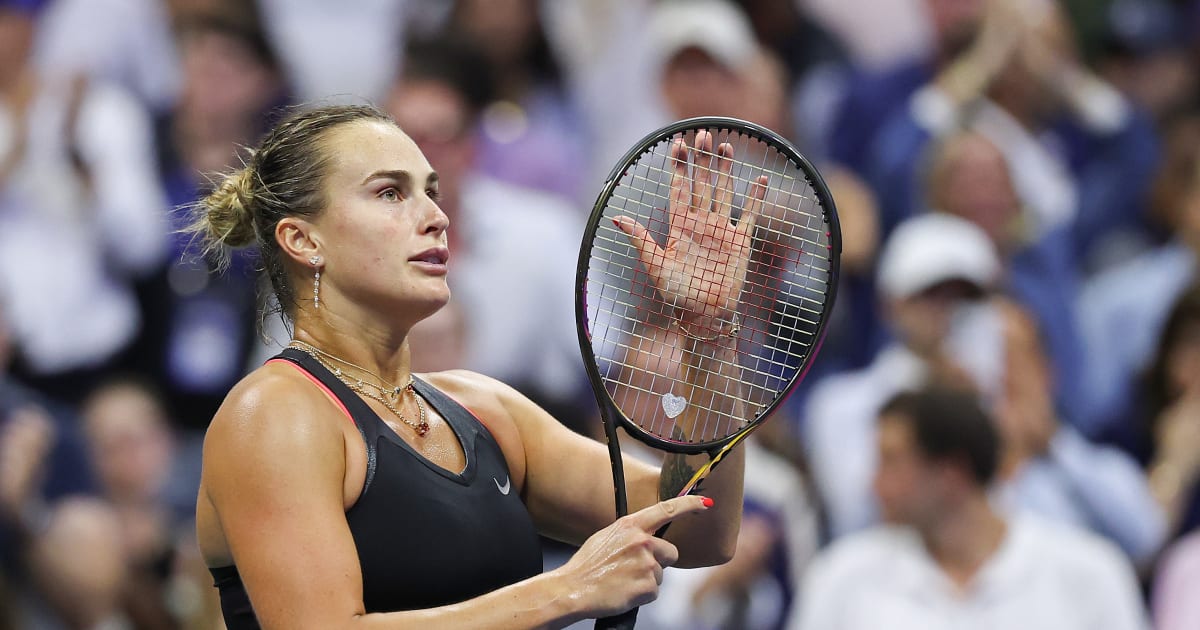Félix Lebrun exclusive on learning to deal with doubts after Paris 2024 medals: "It has the right to creep in"

Earlier this month, Félix Lebrun wrote yet another chapter in French table tennis history.Already a domestically famous athlete after two bronze medals on home soil at last year's Olympic Games Paris 2024, Lebrun became the first Frenchman to reach the final of a WTT Grand Smash, the top level of the table tennis global circuit.His run to the final of the WTT China Smash 2025, held in Beijing, People's Republic of China, at the start of October, might have ended in defeat to Wang Chuqin, but it was a welcome break from an inconsistent period, which saw the 19-year-old exit in the early rounds in multiple competitions."Reaching the final of the world's most competitive tournament in China after beating three local players along the way means a lot," the Montpellier native told Olympics.com."It gives me a lot of confidence for the future. We'd been feeling for a while that I wasn't far off a big performance, but it just wasn't happening. So it's great."The euphoria of his double bronze in Paris last year was quickly replaced by pressure and knock-backs. Mixed results became the norm."This has a special taste because I've had some difficult results, especially matches where I was ahead the whole way and ended up losing. But it's mainly the next step that we're trying to put in place, and I'm hoping for momentum in the upcoming tournaments," Lebrun said.That momentum followed when, alongside brother Alexis Lebrun and teammate Simon Gauzy, Félix won European men's team gold with France two weeks ago. It was France's first title in 27 years.Félix Lebrun on overcoming his doubtsWith the multiple early exits, doubts naturally crept into Lebrun's mind. He let the thoughts roam freely instead of denying or repressing his doubts."I think doubt has the right to creep in," he said. "So after that I tried to believe in what we were doing and to believe in our training. I train a lot and know that I have a training staff that put a lot of thought into helping me improve."I believed if we did things the right way, at some point, things would turn around."During this period, Lebrun did just that, working hard despite the results not changing in his favour. Training still felt good, an important reference point for him to stay on track."My level of play was good in training, but there were some more difficult moments in matches," he explained. "There were doubts during the matches, but there was no doubt in the long term that I would return to a very high level of play."I was convinced of that because we work every day to achieve it."Even as media attention and expectations continued to grow around Lebrun since Paris 2024, he shows no signs of being distracted.Try your hand at our table tennis trivia quiz!Reaching new heights with training changesLebrun knows that this phase of inconsistency is simply part of his long-term plan for progress. After defeat in the semi-finals in Paris last year to eventual champion Fan Zhendong of China, he and his team decided to step up certain aspects of his game to close the gap on the best players"After my semi-final at the Olympic Games against Fan, we decided that we have to find a solution, because at that point I wasn't capable of beating those players," he said. "To do that, I had to improve my game — away from the table — and my physicality, because I was younger and less physically prepared compared to the world's best players."And I had to work on my forehand power."To do that, Lebrun intensified his physical training, hoping to develop more power while retaining his speed around the table — one of his biggest strengths."The most difficult thing is working on that — improving those aspects of my game without compromising on my strengths like my speed," he said."So I had to find the right balance between the two, and that's still the goal we're still pursuing today. And it will be for the rest of my life."









